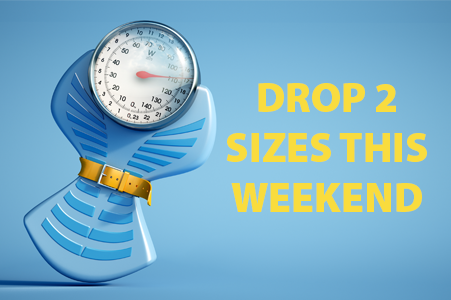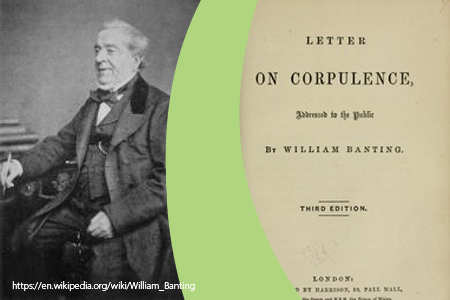The Lure & False Promises of Fad Diets

A survey by the National Center for Health Statistics shows that about half of US adults tried to lose weight. It’s no wonder that the promise of fad diets captures the interest of so many.

Research from the Boston Medical Center reported that of the estimated 45 million Americans who undertake a diet each year, about half choose a fad diet. A fad diet, according to the Cleveland Clinic, is one that promises the “best and fastest approach to losing weight.”
You may have seen promotions for fad diets, such as “Drop 2 Sizes This Weekend!” or “Eat All the Pizza You Want and Lose 10 Pounds!” While misleading and unrealistic, these promotions can be convincing, as evidenced by the number of people who embraced fad diets at one point or another. However, a problem with these eating plans is that they usually don’t include a balance of nutrients necessary to maintain good health and are difficult to sustain.

Where did fad diets come from?
If you think fad diets are a modern phenomenon, you’ll need to think again. Historians have traced fad diets back to the age of William the Conqueror, one of Europe’s most historically influential rulers. Born in 1028 and healthy for most of his life, William became so overweight in later years that he embarked on a liquid diet consisting of almost nothing but alcohol. He lost enough weight to resume riding a horse he was fond of but soon died due to a riding accident.
In 1863, a British undertaker named William Banting published a book called “Letter on Corpulence, Addressed to the Public,” which espoused replacing sugary and starchy foods with meats, fish, fruits, and greens. Banting experienced a high level of success with the eating plan and wanted to share it with others.
He has since become known as the “Father of the Low-Carbohydrate Diet,” an eating plan that remains popular today.
According to health professionals, most fad diets are just recycled versions of those that came before such as cleanses, liquid diets, celebrity-endorsed diets, and others. The thing they all have in common is that while dieters may lose weight quickly, the eating plans are unsustainable and weight loss does not last.

How to Recognize a Fad Diet
While some fad diets are easy to recognize, others are more subtle and may be easily confused with an eating plan that is healthy and sustainable. It’s important to be aware of the warning signs of a fad diet, which the Cleveland Clinic lists as these:
- Recommendations that promise a quick fix
- Claims that sound too good to be true
- Simplistic conclusions drawn from a complex study
- Recommendations based on a single study
- Dramatic statements that reputable scientific organizations refute
- Lists of “good” and “bad” foods
- Recommendations made to help sell a book or product
- Elimination of one or more of the five basic food groups or other rigid rules
- Diets that come with “too good to be true” testimonials, often from celebrities

Healthier Ways to Lose Weight
It may be necessary for some whose health requires a very restrictive diet, but for most people, the thought of never again eating a slice of pizza or having a piece of cake to celebrate a birthday is unfathomable. When considering an eating plan to help you lose weight, think about whether the plan is something you can picture yourself following for the rest of your life.
If so, it is probably a manageable lifestyle choice. If not, it’s likely the plan falls into the category of a fad diet.
A Registered Dietitian, such as one available through ConnectCare3’s Nutrition Education service, can provide valuable guidance and advice to help you determine a healthy eating plan that fits your lifestyle. You can also find resources through a medical organization or government health agency, such as the U.S. Department of Agriculture’s MyPlate plan and the Dietary Guidelines for Americans.
Whatever eating plan you consider should be nutritionally balanced and sustainable, which means providing allowances for all food groups and flexibility. A body of scientific research favors plans emphasizing fruits, vegetables, whole grains, and lean proteins.
While fad diets may have their moments of fame, a healthy, sustainable eating plan will serve you well over your lifetime.

Download the Free Resource
Access a printer-friendly version of the resource to reference later.